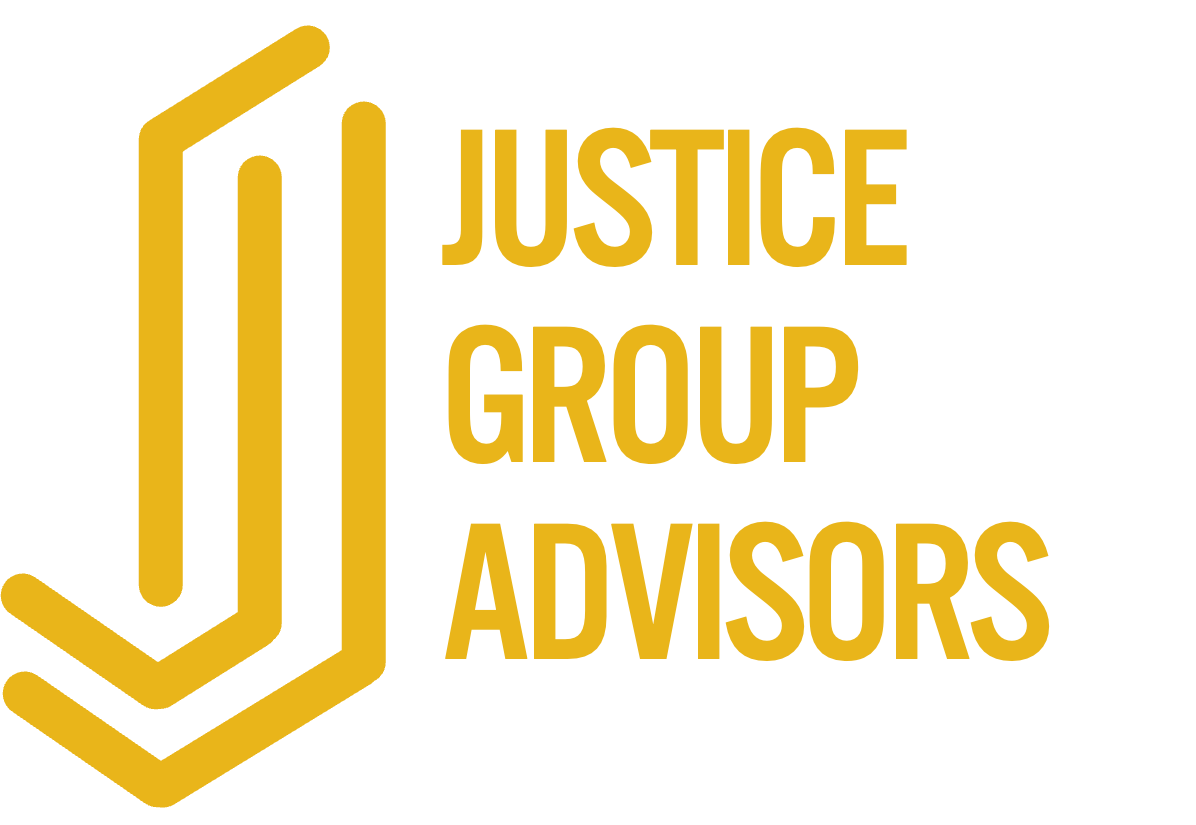How Executive Coaching Helps Navigate Layoffs and Overcome Survivor Syndrome
Part 2 in a 3-Part Series for Biotech Leaders
The continued wave of layoffs in the biotech sector is undeniably devastating. As thousands of talented individuals face job losses, the industry is navigating unprecedented challenges, with no company seeming immune to the trend. By August 2023, the number of companies conducting layoffs had already matched the total for the entire previous year (119). To date, over 180 companies have implemented layoffs in 2023, affecting businesses of all sizes.
Do You Have Survivor Syndrome? Take Our Free, Confidential Assessment to Find Out. No Strings Attached.
Having served as a Chief People Officer leading multiple restructurings and layoffs, I intimately understand the challenges inherent in orchestrating such events and their profound impact on the remaining workforce. In my current role as an executive advisor and coach, I recognize the tremendous opportunity to leverage coaching as a strategic tool during these tumultuous times, yet it appears to be an underutilized resource.
In part one of this three-part series on Surviving Survivor Syndrome, we focused on understanding and addressing survivor syndrome. In this second installment, we delve into the multifaceted benefits of executive coaching as a strategic tool for navigating these challenges. We explore its strategic role in pre-layoff preparations and its indispensable support in the turbulent aftermath.
Before the Storm
Engaged early in the process, an executive coach can be invaluable in collaborating with the senior team, including the Chief People Officer, to navigate the complexities of restructuring. A single team coaching session can work wonders to ensure that leaders are confident and aligned in their decisions and messaging. They can facilitate scenario-planning, ensuring leaders are thinking ahead and prepared. Their impartial viewpoint and external perspective often serve to alleviate tensions and helps reduce ambiguity. One-on-one coaching sessions with individual leaders can be particularly helpful to support and guide them as they navigate the practical and emotional nuances of leading through a restructuring. These sessions offer a confidential space for leaders to express concerns, manage personal stress, and strategize for effective communication with their teams. The executive coach, with their expertise, assists leaders in honing their leadership skills and resilience, fostering a proactive and adaptive mindset. By addressing the human side of restructuring, these personalized coaching sessions empower leaders to navigate the challenges with empathy, decisiveness, and a clear vision, ultimately contributing to a smoother transition for both the organization and its workforce.
While the Chief People Officer or HR lead often shoulders this responsibility, the lead-up to a restructuring or layoff finds them deeply engrossed in the logistics and operational aspects. HR leaders are busy orchestrating the process, preparing exit packages, and training managers for challenging conversations. The intense workload may leave HR with limited capacity to provide coaching, and an external, objective partner can offer valuable support. Layoffs undoubtedly take a toll on HR professionals, making an additional layer of support beneficial for both the HR team and the organization.
Emerging from the Aftermath
After a restructuring or layoff, an executive coach can play a pivotal role in supporting the team that remains—from the senior team all the way to the most junior employees. At the leadership level, the coach can help leaders deal with the aftermath, helping them navigate the immediate challenges and uncertainties. A team coaching session can be helpful to debrief, reflect on what went well, and identify areas of concern. One-on-one coaching sessions can guide leaders through the evolving landscape, addressing concerns specific to their teams, manage stress, and reinforce their roles in maintaining team morale.
While one-on-one coaching sessions for all managers and employees is impractical, team or group coaching session can be incredibly powerful. For managers, a coach can facilitate collaborative discussions to help them effectively lead their teams during the transition. This includes strategies for maintaining productivity, fostering open communication, and addressing the unique challenges that arise post-restructuring.
To help employees transition effectively and build meaningful opportunities, check out my 3 Best Practices for Making Connections—a practical resource you can share with your teams.
Individual employees, too, benefit from the guidance and support of an executive coach. The aftermath of a layoff often leaves employees grappling with uncertainty, survivor guilt, and increased workload. A coach can offer personalized group sessions for the individual contributor community to address these concerns, providing a confidential space for employees to express their emotions, explore coping mechanisms, and regain focus on their roles within the reshaped organization. Of course, an executive coach may be asked to provide one-on-one coaching for certain key employees, but generally, group sessions go a long way towards creating a supportive and motivating environment for the broader team.
Your Lighthouse in the Storm
In essence, a seasoned executive coach, with an external, unbiased perspective and expertise in change management and organizational effectiveness, can be your lighthouse in the storm. They can be indispensable partners in steering an organization through the complexities of restructuring—both before and after. Their support fosters resilience, encourages open communication, and contributes to rebuilding a high-performing and engaged workforce. Engaging an executive coach supports the HR leader in addressing the needs of leaders, managers, and individual contributors.
As the biotech industry continues to face turbulent times, with additional layoffs and restructurings likely on the horizon, an executive coach can be a competitive advantage for savvy biotech leaders seeking to help ensure the long-term success and well-being of both their organization and its remaining workforce. For more on building resilience and leading high-performing teams post-layoff, read Part 3 of this series..
If you or your company could benefit from the strategic support of an experienced executive coach, let’s start a conversation. At Justice Group Advisors, our deep expertise in biotech, coupled with firsthand experience navigating and weathering these storms, can be your competitive advantage. Explore our customized coaching packages tailored to help your team emerge stronger on the other side.


